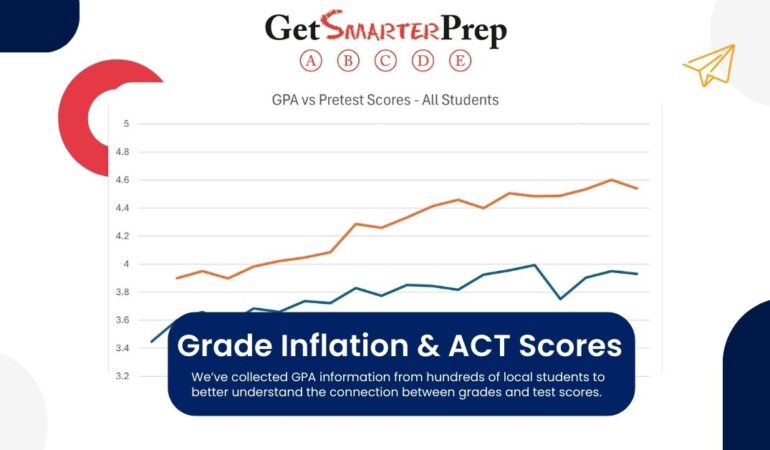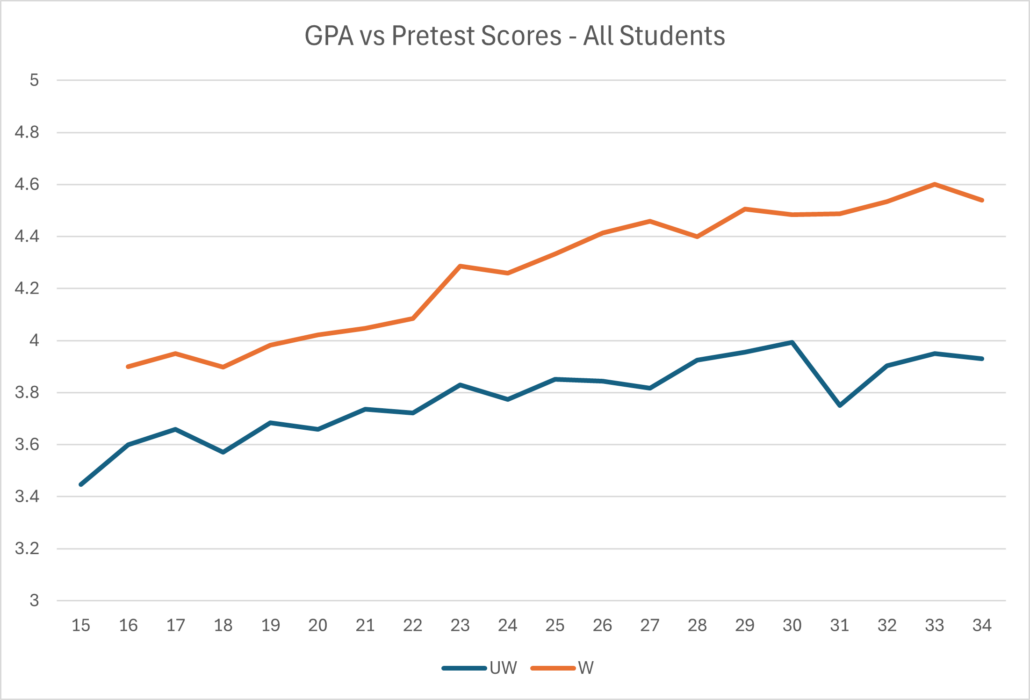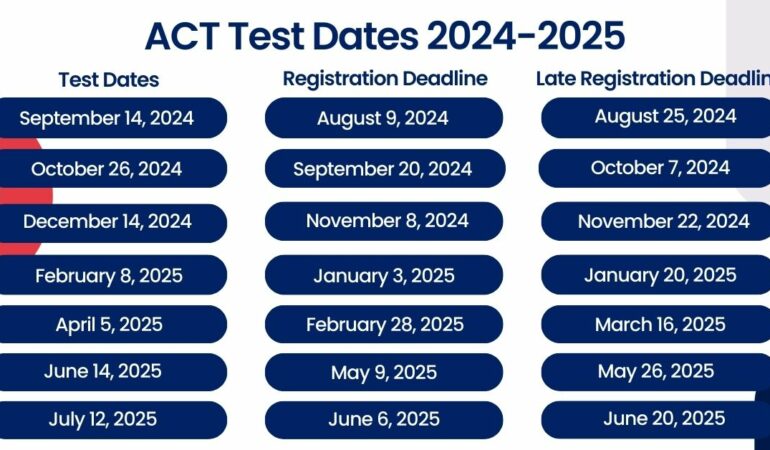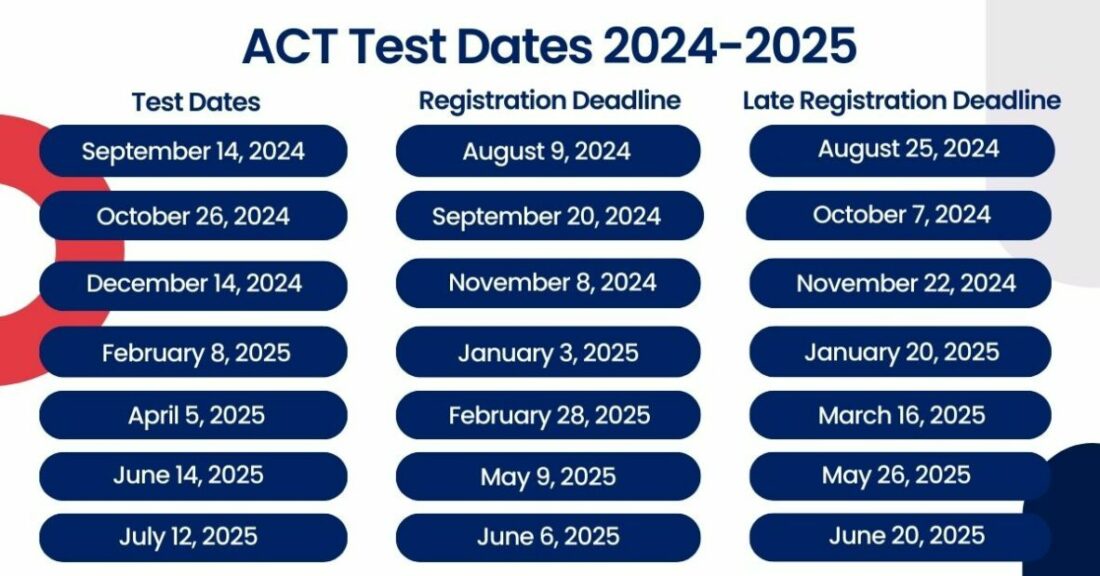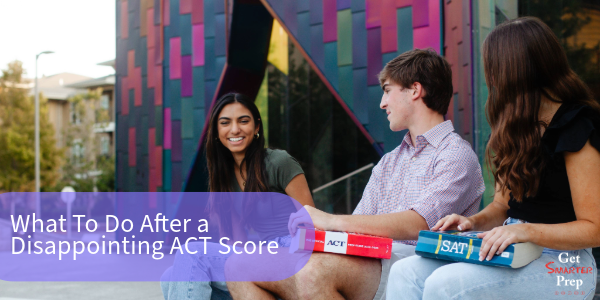The ACT is Changing
The ACT just announced some major changes coming to the test! Based on the feedback from students, educators, and experts, ACT is making the test more flexible and manageable for students. What does that mean?
More Flexibility for Students
Students now have more control over how they take the ACT. The English, reading, and math sections will still be the core of the test, but the science section is now optional. This means students can choose to take:
- The ACT (English, reading, math)
- The ACT plus Science
- The ACT plus Writing
- The ACT plus Science and Writing
This flexibility allows students to showcase their strengths and focus on the areas that matter most to them and their college choices. Don’t worry, the familiar score reporting system is still here. The score will be an average of the English, reading, and math sections (if you take science, it won’t be included in your core score) on the same 1-36 scale. Students can also still choose between taking the test online or with paper and pencil.
A Shorter, More Focused Test
One major complaint is that most students feel the ACT is longer than any other test, and they aren’t wrong! ACT.org has reduced the length of the test by up to one-third. The new core test will take just two hours, compared to three hours previously. This is achieved by including shorter Reading and English passages, and reducing the total number of questions by 44, from (possibly) 175 to 131. With more time per question, students can focus on answering thoughtfully and avoid feeling rushed. The flip side of this is that each question now has more effect on the score, with small mistakes having a greater effect.

These Changes Start Soon
The new and improved ACT will be available for online testing in Spring 2025, with school-day testing following in Spring 2026.
Initial Review of the Data (without the Science score)
From our preliminary data, it appears 30.65% of our recent students would have seen an increase in their composite score without the Science section, 47.74% would not have seen a change, and 21.61% of students would have actually scored lower. 91.71% of students would have scored within one point of the actual score. 5.28% would have improved their composite score by two points, 2.76% would have scored two points worse, and .25% of students would have seen an improvement of three points without the Science score factored into their Composite.
*Note: This information is only applicable to a much smaller sub-set of overall students AND this doesn’t take into account the shorter English, Math, and Reading sections that will be rolled out with this change. Generally speaking, we expect about 50% of students to score the same with a quarter of students scoring better and a quarter of students scoring worse.
Our Commitment to You
Get Smarter Prep is committed to meeting the needs of students no matter how many changes test makers implement throughout the years. Our tutors are constantly evolving to make the ACT/SAT click for every student. We go beyond content, focusing on test-taking strategies to build confidence and achieve the score they need for the school they want.







